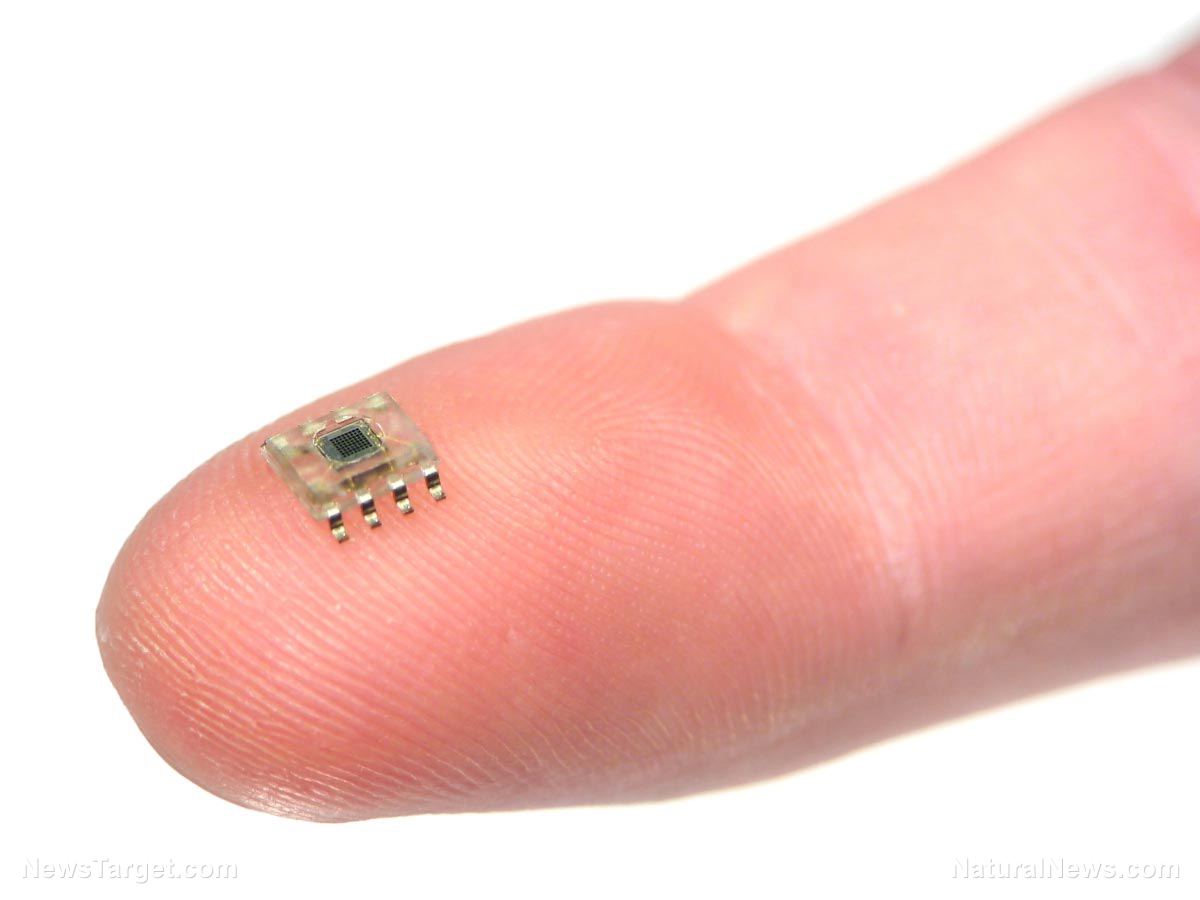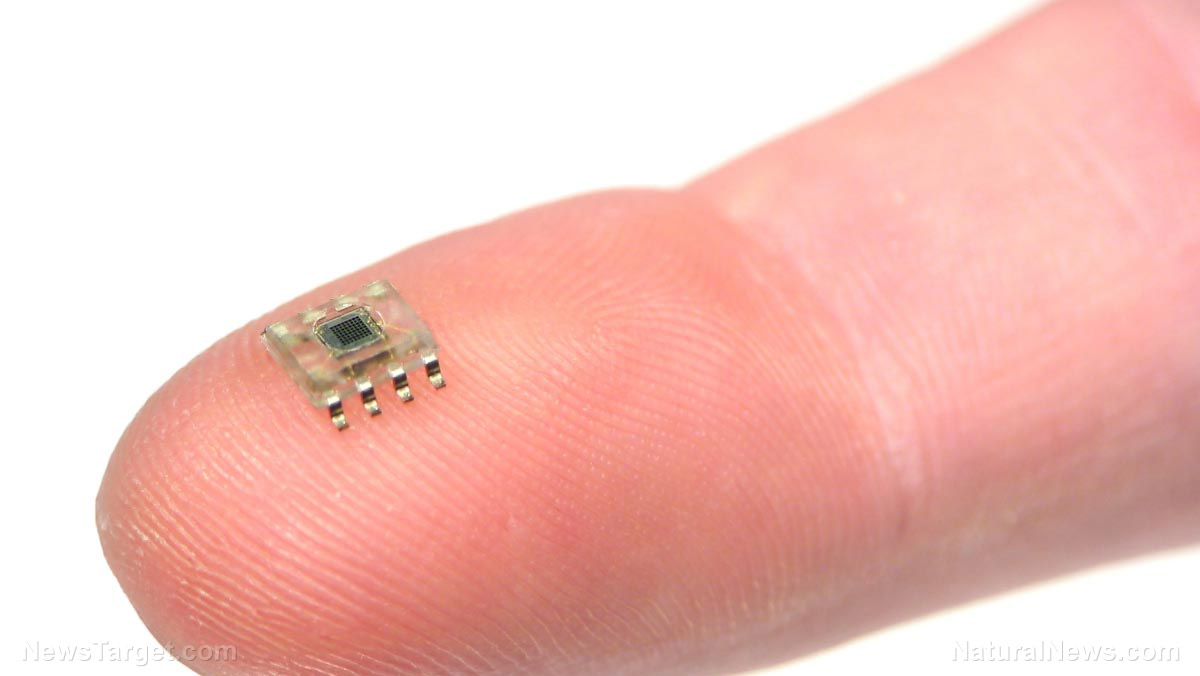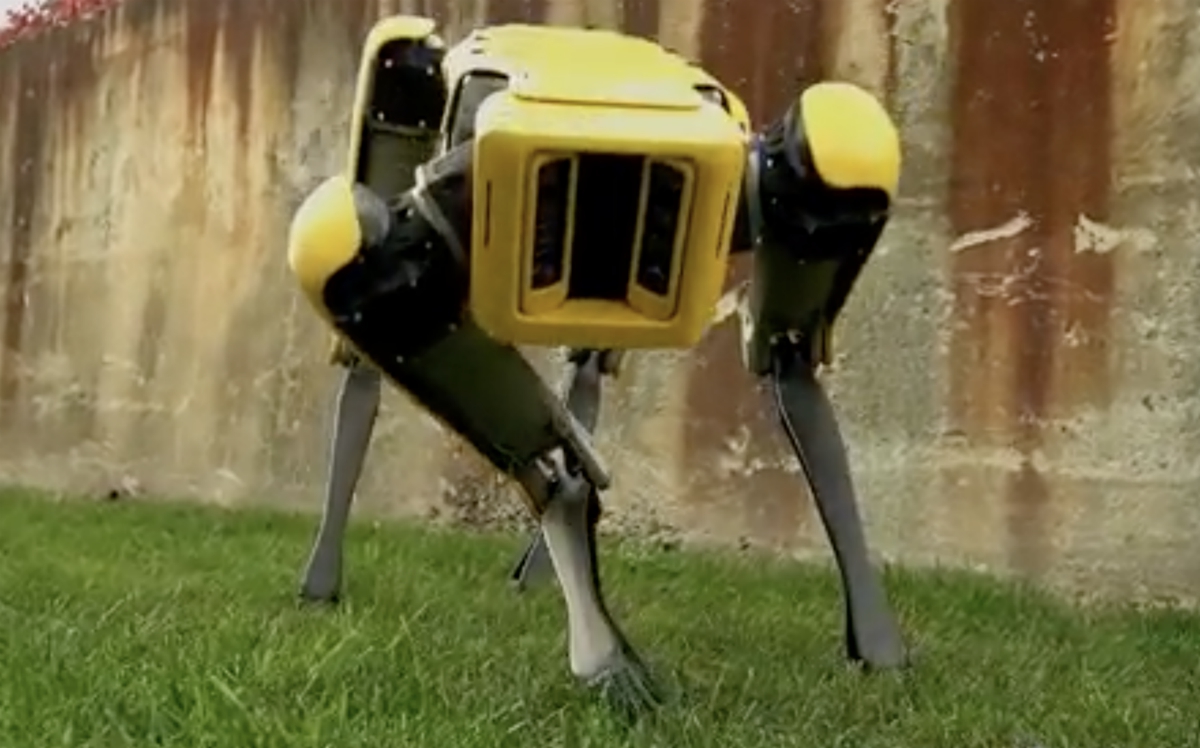Microchipping technology can track your COVID vaccination status (and other digital details) with a simple phone scan
12/27/2021 / By Mary Villareal
Swedish start-up company, Epicenter, has created scannable, digital implants that can confirm one’s vaccination status using a smartphone. The invention includes a pre-programmed scannable implant inserted just beneath the skin and relies on “near-field communication” (NFC) that phones already use to send data for various activities, such as making payments.
The company’s Chief Disruption Officer, Hannes Sjoblad, said that implants are very versatile technology, and it is very convenient to use them to have one’s COVID passport accessible at all times. This comes as governments continue battling the coronavirus pandemic by forcing citizens to get inoculated and pushing its “effectiveness” in battling the disease, especially with the omicron variant leading to a surge in COVID cases. (Related: Swedish biohacker promotes use of microchips to record COVID-19 status.)
With more and more U.S. cities issuing mandates for people to be fully vaccinated to go to work and attend social events, the new chips can be useful in utilizing technology, as it is similar to the use of contactless card readers.
“This means it is always accessible for me or for anyone else, really, who wants to read me. For example, if I go to the movies or go to a shopping center, then people will be able to check my status even if I don’t have my phone,” Sjobald said.
A video showed that the technology works by using a phone to scan the chip under the skin, which pulls up a PDF file with details on the person’s vaccination status or health records. The chip itself is smaller than a fingernail and can be implanted in the arm or between the thumb and forefinger. The procedure can be done for $100 and when no longer needed, Sjoblad said that the implant can also be reversed.
Chip implants to become a new norm?
Will chip implants eventually become the new normal? Possibly.
In his appearance on a Tech2025 webinar, Sjobald shared, “The human body is the next big platform. We are updating our bodies with technology on a large scale already with wearables. But all of the wearables we wear today will be implantable in our bodies in five to 10 years.”
U.S. companies also offer similar implants to their employees. Three Square Market, a Wisconsin-based company was the first to do so back in 2017 to allow employees access to locked rooms or pay for their food and drinks.
Todd Westby, the 32M CEO who provided the chips said that this technology will eventually be the standard and can be used for keeping records of passports, paying for public transit or purchase items, among other things. “They’re not dissimilar from the identification chips you’d install in your cat or dog.”
“We see chip technology as the next evolution in payment systems, much like micro markets have steadily replaced vending machines. As a leader in micro market technology, it is important that 32M continues leading the way with advancements such as chip implants,” Westby added.
While tech and business leaders predict that up to half of Americans will be “chipped” by the end of 2025, there could be pushback from lawmakers, advocacy groups, and the general public.
Sjobald also insisted that these implants are not tracking devices: they can only respond when scanned. “If you understand how these implants work, they don’t have a battery. They cannot transmit a signal by themselves. So they are basically passive. They sit there asleep. They can never tell your location, they’re only activated when you touch them with your smartphone, so this means they cannot be used for tracking anyone’s location,” he said.
There is also no need for the implant to be removed to be updated. Sjobald said that individuals can use an app on their phones to change the data on the chip.
Listen to the video below to learn more about microchipping in Sweden.
This video is from the TKWK T.V channel on Brighteon.com.
Read more COVID-19 related articles at Pandemic.news.
Sources include:
Tagged Under: covid-19, future tech, health records, Mark of the beast, microchip implants, microchipped, Microchips, obey, Orwellian, pandemic, privacy, RFID, sheeple, surveillance, tracking, vaccine passports, vaccine wars
RECENT NEWS & ARTICLES
COPYRIGHT © 2017 FUTURETECH.NEWS
All content posted on this site is protected under Free Speech. FutureTech.news is not responsible for content written by contributing authors. The information on this site is provided for educational and entertainment purposes only. It is not intended as a substitute for professional advice of any kind. FutureTech.news assumes no responsibility for the use or misuse of this material. All trademarks, registered trademarks and service marks mentioned on this site are the property of their respective owners.



















